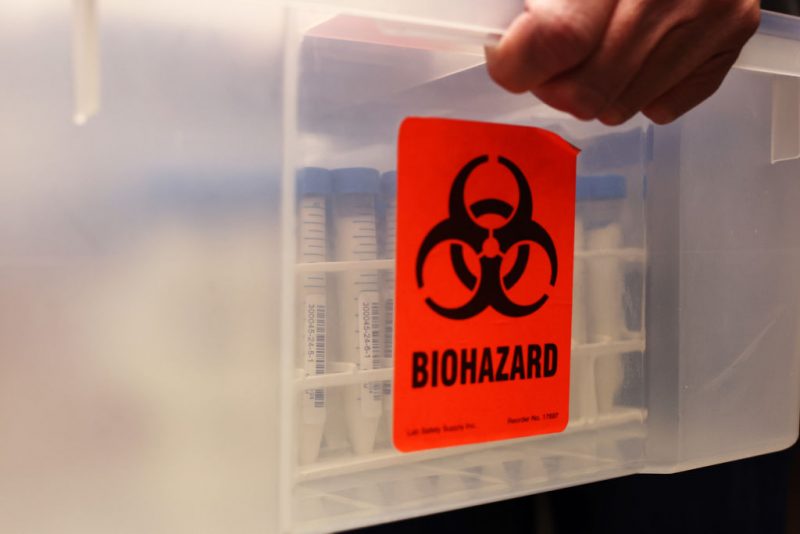
OAN Staff James Meyers
2:55 PM – Wednesday, December 18, 2024
A resident in Louisiana has been hospitalized with the first “severe” case of H5N1 bird flu, the U.S. Centers for Disease Control and Prevention announced, making it the first case in the United States.
The patient had reportedly been in contact with “sick and dead birds on their property,” the Centers for Disease Control and Prevention stated.
“It is believed that the patient that was reported by Louisiana had exposure to sick or dead birds on their property. These are not commercial poultry, and there was no exposure to dairy cows or their related products,” said Dr. Demetre Daskalakis, director of the National Center for Immunization and Respiratory Diseases at the CDC.
According to state officials, the patient is now experiencing severe respiratory illness related to H5N1 and they are hospitalized in critical condition. The affected person, whose identity has not been released, is older than 65 and has underlying medical conditions, which increased their risk of flu complications, the Louisiana Department of Health said via a CNN report.
Previous illnesses in the U.S. had been mild and the vast majority had been among farmworkers exposed to sick poultry or dairy cows.
Although more than 60 mild bird flu infections have already been reported this year, with more than half of them in California, none of them have been categorized as “severe” until now, the agency continued.
The CDC reportedly confirmed the severe Louisiana infection on Friday, but it did not announce the news until Wednesday.
Additionally, it’s the first U.S. human case linked to exposure to a backyard flock. A backyard flock is a group of domesticated birds kept in a backyard for a variety of reasons, typically companionship, food production, or pest control.
However, health officials stated that bird flu is still mainly an animal health issue, and the risk to the general public remains extremely low.
“Humans can get bird flu if they come in contact with an infected animal’s body fluid, like spit (saliva), milk, respiratory droplets or poop (feces). You can breathe it in from small dust particles in animal habitats or get it into your eyes, nose or mouth after touching body fluids… You don’t get bird flu from eating properly cooked poultry or eggs or from drinking pasteurized milk,” according to the Cleveland Clinic.
Stay informed! Receive breaking news blasts directly to your inbox for free. Subscribe here. https://www.oann.com/alerts


